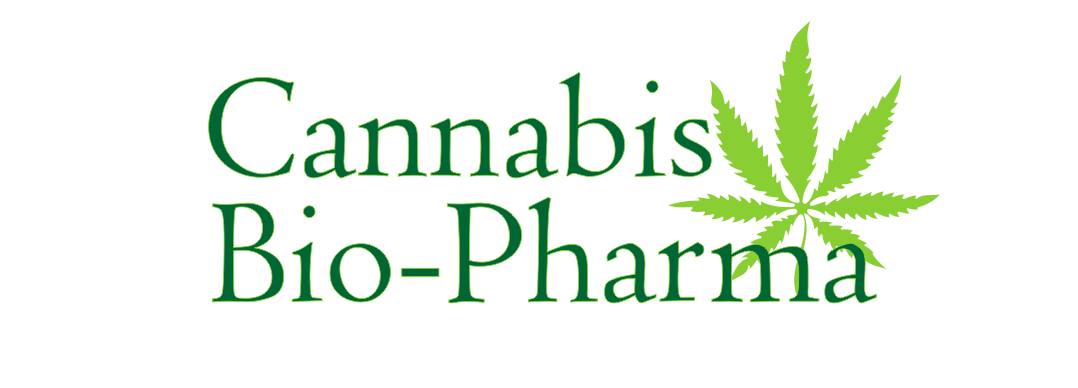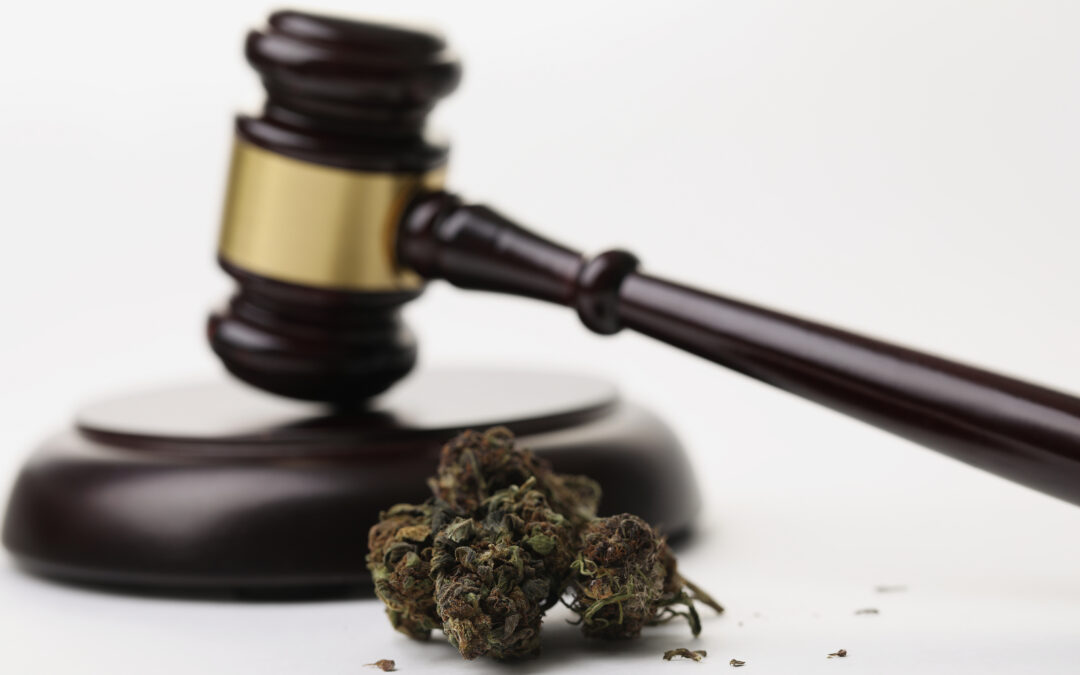As the landscape of cannabis legality continues to evolve across the United States, it’s important to understand the distinctions between Delta 8 and Delta 9 THC, two prominent cannabinoids found in the cannabis plant. Some states have embraced the full legalization of THC, while others have opted for a more nuanced approach, often allowing Delta 8 THC but placing restrictions on Delta 9 THC. In this blog, we’ll explore these differences, why they are regulated differently, and what it all means for consumers.
Delta 8 THC: A Legal Alternative:
Delta 8 THC is often referred to as a legal alternative to its more famous cousin, Delta 9 THC. The key distinction between the two lies in their chemical structures:
- Delta 8 THC: This cannabinoid is a variant of Delta 9 THC, with a different arrangement of atoms in its molecular structure. It is psychoactive but typically less potent than Delta 9 THC. Users often describe its effects as milder and more functional.
The Legal Status of Delta 8 THC:
Many states have allowed the sale and use of Delta 8 THC, provided it is sourced from legal hemp and contains less than 0.3% Delta 9 THC. This legal status has made Delta 8 THC products widely available, from gummies and vape cartridges to tinctures and edibles.
Delta 9 THC: The Classic Cannabinoid:
Delta 9 THC is the well-known psychoactive compound found in marijuana. Its intoxicating effects have made it subject to stricter regulations in many regions. Delta 9 THC is what typically comes to mind when people think about cannabis-induced euphoria.
The Legal Status of Delta 9 THC:
The legal status of Delta 9 THC varies significantly across the United States. As of my last knowledge update in September 2021, some states have embraced full recreational and medical legalization, allowing the sale and use of Delta 9 THC. In contrast, others have maintained strict regulations or bans, making it essential to check the specific laws in your region.
Why the Regulation Differences?
The regulation differences between Delta 8 and Delta 9 THC often come down to several key factors:
- Chemical Structure: The different molecular structures of these cannabinoids impact their effects and potency. Delta 8 THC is often considered less intense, leading to its more lenient regulation in some cases.
- Source: Delta 8 THC can be derived from hemp, which was legalized federally in 2018. This legal foundation has given rise to Delta 8 THC products, while Delta 9 THC is typically found in marijuana.
- Legislative Differences: States have the authority to determine their cannabis policies, leading to the wide range of approaches seen today.
Navigating Legal THC: What It Means for You:
If you’re interested in using THC products, it’s essential to understand the regulations in your specific area. Always source your products from reputable and compliant sources, and be aware that the legal landscape is subject to change. Additionally, consider your personal preferences and needs, as Delta 8 and Delta 9 THC offer different experiences, allowing you to tailor your choice to your desired effects.
In summary, the world of legal THC is complex and ever-evolving, offering various options for consumers. Understanding the distinctions between Delta 8 and Delta 9 THC and staying informed about local regulations will help you make informed choices regarding your THC consumption.

